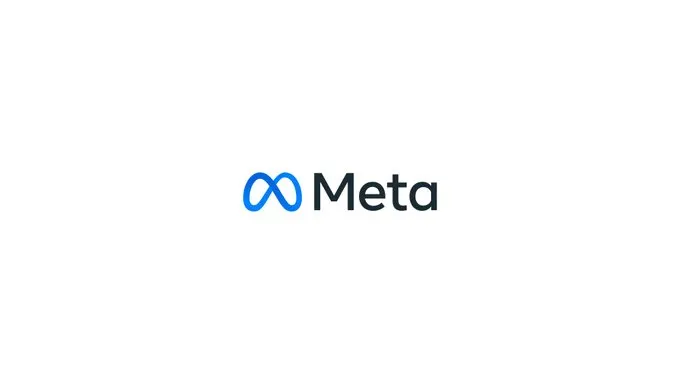TL;DR Summary of Meta Supports Higher Teen Age Limits for Social Media Access in Europe
Optimixed’s Overview: Meta’s Strategic Support for Enhanced Age Restrictions on Social Platforms in Europe
Background on Age Restrictions and Meta’s Position
As various European Union (EU) member states consider raising the minimum age for social media users from the common 13 years to 15 or 16 years, Meta has publicly supported these efforts. The company emphasizes the importance of a consistent Digital Majority Age across platforms to ensure better protection for younger users from inappropriate content.
Proposed Age Verification Methods
- App Download Level Checks: Meta suggests that app stores should verify users’ ages before allowing downloads, requiring parental consent for younger teens. This approach aims to centralize enforcement and reduce the burden on individual platforms.
- Advanced Age-Checking Technologies: Methods like video selfie clips have been trialed by Meta to confirm user age, though privacy concerns remain about biometric data handling.
Meta’s Motivations and Industry Impact
While Meta’s stated goal is to enhance safety for young users, the company also benefits strategically by:
- Reducing its own regulatory liability by shifting verification responsibilities to app stores like Apple and Google.
- Potentially disadvantaging competitors such as TikTok and Snapchat, who have a larger underage user base.
- Establishing a favorable public relations position with regulators by endorsing child protection measures.
Conclusion: Balancing Child Safety and Corporate Interests
The push for a unified Digital Majority Age in Europe promises improved protections for children online through standardized age checks. However, Meta’s support is also a calculated business move, highlighting the complex interplay between user safety and corporate strategy in the evolving social media landscape.
